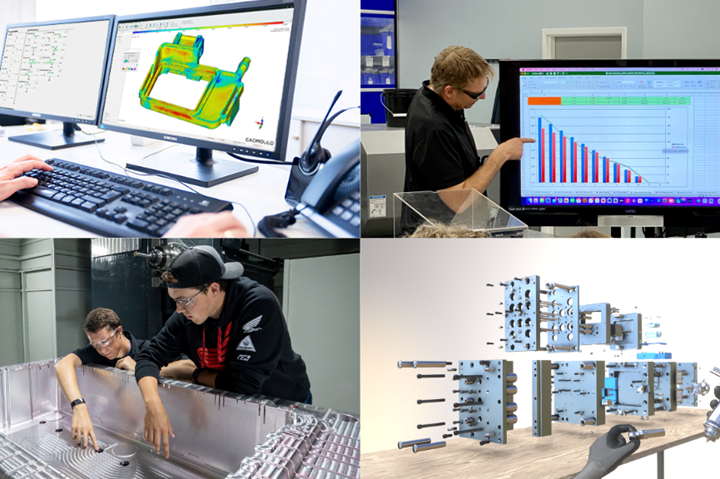Vision
- To become a center of excellence in academics and research in Electronics and communication engineering
- To meet the present and future needs of society with human face.

Electronics & Communication Engineering graduates find wide opportunities in growing communicative era of today. This Course has been designed in consultation with senior industrialist in the Electronics & Telecommunication Engineering Departments industrial committee. This enues that graduates are well placed to enter a sustained career , which is rewarding, both intellectually and financially. Many diverse companies recruit graduates from this stream. The career paths followed are equally diverse ranging from electronic product design to heavy electrical plant maintenance, from research to production, from technical focus.
Courses Taught: Microprocessor, Basic Electronics, Digital Electronics, Analog Electronics EMF and PPS.
4 Years
60 Seats
10+2/I.Sc.(PCM)
70000/Year

Mr. MD SHAH ADIL
Assistant Professor
(Head of Department)
(Dept. of Electronics & Communication Engineering)
Experience- 13 Years



Laboratory Facilities

LABORATORY FACILITIES
The Department has eight laboratories and one workshop to accommodate the practical training of students. The Department has the following laboratories housed in five halls to impart the practical knowledge from the basics to latest technology to the UG and PG students.
MAJOR COURSE CONTENT OF ELECTRONICS AND COMMUNICATION ENGINEERING
